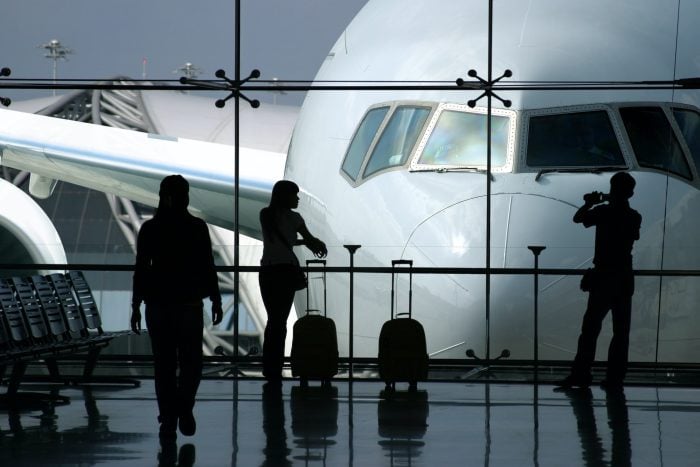Big changes are coming for air passengers in the European Union. After years of debate, EU transport ministers have reached an agreement on a proposal that would revise existing passenger rights — and not necessarily in passengers’ favor. If adopted, the revised rules will mean longer delay times before passengers become eligible for compensation, smaller payouts when compensation is granted, and official approval of practices that low-cost airlines have long applied — often to the frustration of travelers.
Longer Delays, Smaller Compensation
The most talked-about part of the agreement is the change to flight delay and cancellation compensation. Under the current rules, passengers are eligible for compensation if their flight is delayed by three hours or more, with compensation levels based on flight distance:
- €250 for flights of 1,500 km or less
- €400 for flights between 1,500 and 3,500 km, or for longer flights within the EU
- €600 for flights over 3,500 km
However, the new proposal raises the time threshold and reduces the maximum payouts:
- For flights up to 3,500 km, passengers would receive €300, but only if the delay is 4 hours or more
- For flights over 3,500 km, compensation of €500 would apply — but only after a 6-hour delay
This shift means many passengers who today would be entitled to compensation for a 3-hour delay would no longer qualify under the new rules. And even when compensation is granted, the amount would be less than what is currently available.
Airlines Must Act Faster — or Pay More
The proposal also includes new rules that aim to put pressure on airlines to rebook passengers quickly. If an airline fails to rebook a delayed passenger within three hours, it must reimburse the traveler for any alternative transport they arrange themselves — and not just at face value. In these cases, passengers will be entitled to up to 400% of the original ticket price.
In addition, airlines must continue to provide meals, drinks, and accommodation during long delays. If they fail to do so, passengers can pay out of pocket and claim full reimbursement later.
Cabin Baggage Fees Become Legal
One of the most controversial elements of the new regulation is the legalisation of charges for cabin baggage. From now on, airlines will be allowed to charge passengers for carry-on luggage placed in overhead compartments. Only small items that fit under the seat — measuring up to 40x30x15 cm — will remain free of charge.
This essentially confirms the fee structures used by low-cost airlines like Ryanair and EasyJet, who have long charged for carry-on luggage and have been the target of legal action and fines, including a notable €150 million penalty in Spain for what was ruled to be unfair pricing practices. With this rule change, such pricing will now be officially permitted across the EU.
More Fees and New Responsibilities
The proposal also allows airlines to charge for other services that were previously included or handled more flexibly:
- Seat reservations next to companions of people with reduced mobility may now carry a fee if no free options are available
- Airlines can also charge for name corrections or other passenger data changes, provided the changes are made at least 48 hours before departure
Passenger Rights: More Transparency, Shorter Deadlines
While many of the changes favor airlines, the proposal also introduces new obligations aimed at improving transparency and the passenger experience:
- Airlines will need to clearly inform passengers of their rights at the time of booking
- They must provide pre-filled claim forms to make the complaints process faster and easier
- Airlines will be legally required to respond to complaints within 14 days
- Passengers will have up to six months after an incident to file a complaint
These additions are designed to reduce the confusion many travelers experience when trying to claim compensation or understand their entitlements during disruptions.
What Happens Next?
The agreement approved by the Council still needs to pass through the European Parliament, which has the power to amend or reject it. Until then, the current compensation rules remain in force, with entitlements starting at 3-hour delays.
This proposal has reignited a longstanding debate over the balance between passenger protection and airline sustainability. While governments and airlines argue that changes are necessary to keep the industry competitive and resilient, many passengers and advocacy groups see it as a rollback of hard-won rights.
One thing is certain: the debate isn’t over. Whether the European Parliament will go along with the Council’s version, or push for a more consumer-friendly outcome, remains to be seen.
Parliament has until 5 October 2025 to decide whether to approve, amend, or reject the Council’s version. The exact date of the committee reviews and plenary vote hasn’t been set yet—but it will fall within that timeframe.
